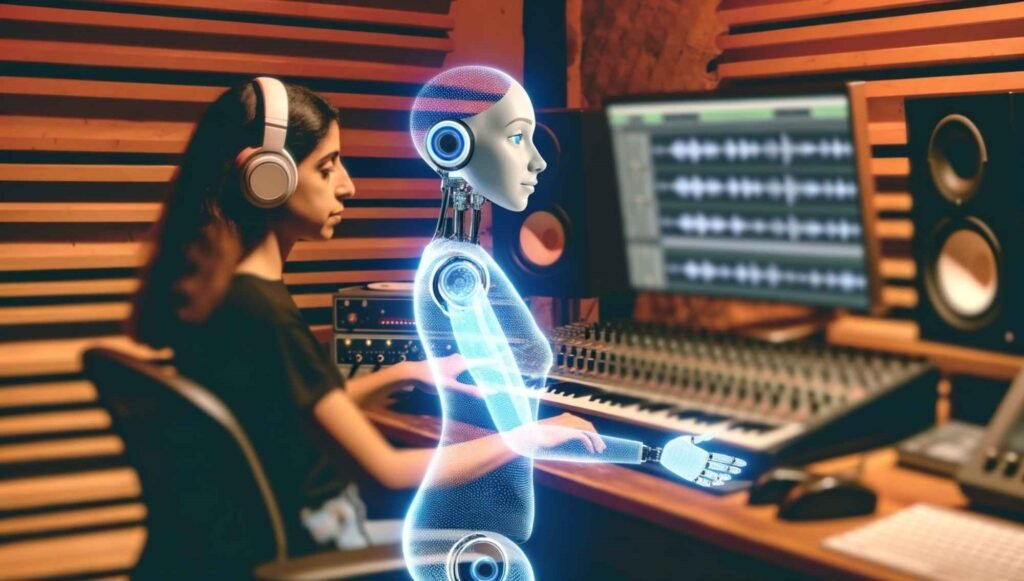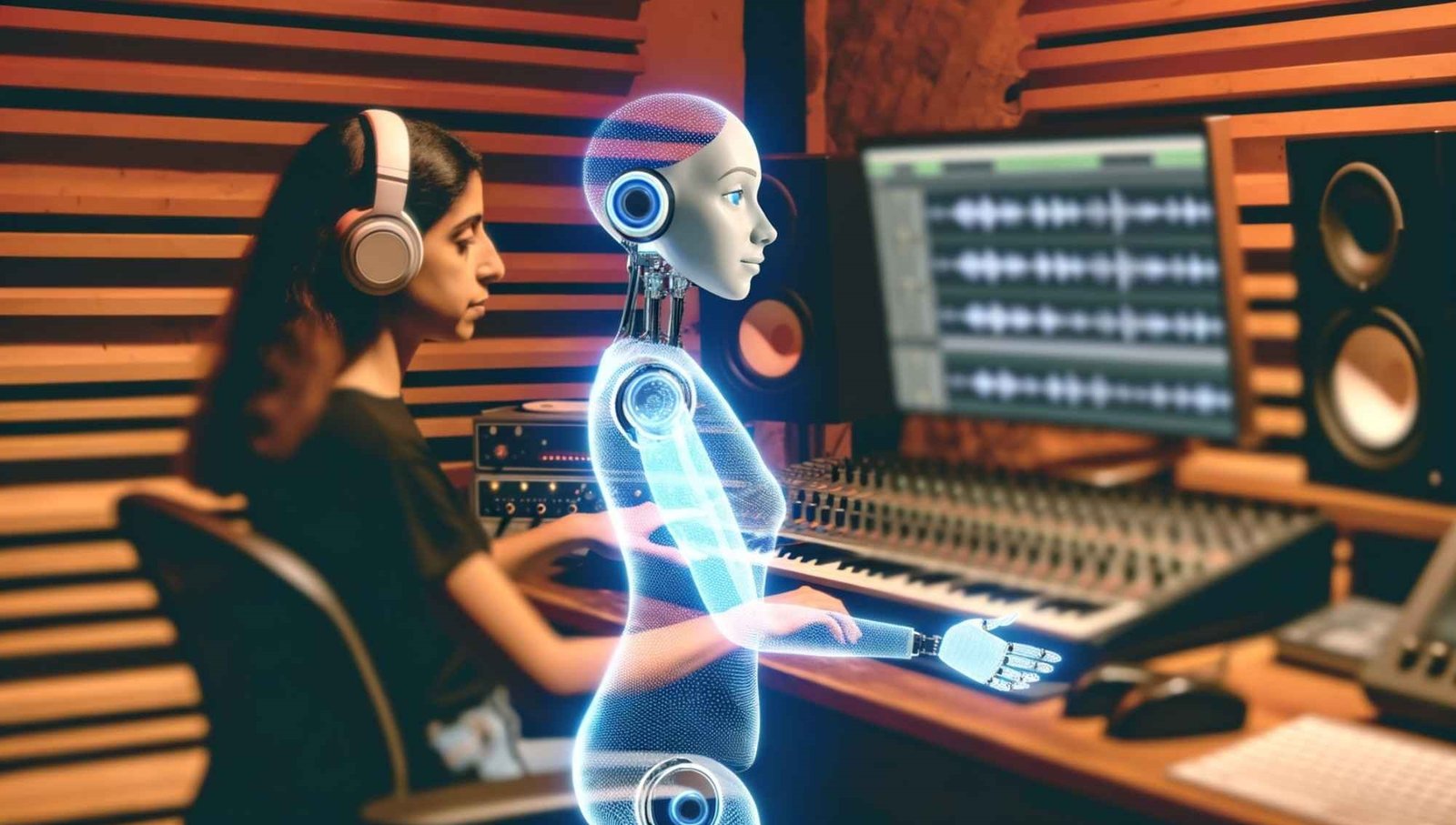In the rapidly evolving world of artificial intelligence (AI), one area that has gained considerable attention is AI-generated music. As AI technology continues to advance, it raises important questions about the legal rights for AI-generated music creators. This article explores the legal landscape, focusing on the rights of creators who use AI tools to produce music.
Also Read: The Essential Contract Clauses for Remote Work Setups

What is AI-Generated Music?
- AI-generated music refers to compositions created using AI algorithms instead of human composers.
- These AI tools learn from existing data to create new music in various styles.
- Popular platforms like OpenAI’s MuseNet and Google’s Magenta assist in generating AI-driven music.
Key Legal Considerations for AI-Generated Music
1. Ownership and Copyright
- Copyright laws currently do not recognize AI as a creator.
- Ownership of AI-generated music typically goes to the human or entity that owns or programmed the AI tool.
- Creators of AI-generated music may own the copyright if they contributed significantly to the creation process.
2. Role of the Human Creator
- AI music creators often provide input to the AI, like selecting parameters or refining outputs.
- The human creator’s involvement can determine whether they hold partial ownership of the work.
3. Licensing and Distribution
- Creators must ensure they have the right to license AI-generated music commercially.
- Licensing agreements for AI tools may affect how creators can distribute their music.
4. Protection from Infringement
- AI-generated music creators need to be cautious about unintentional plagiarism.
- Ensure AI tools use original data to prevent copyright infringement.
5. Fair Use Considerations
- AI-created music using samples from existing works might raise fair use issues.
- Fair use laws allow limited use of copyrighted material for specific purposes, but AI’s use of data for music creation could complicate this.
Also Read: Understanding Virtual Property Ownership Laws

How to Protect Your Rights as an AI-Generated Music Creator
- Understand licensing terms: Always review the AI tool’s licensing agreement to ensure you have the right to distribute and monetize the music.
- Document your creative input: Keep records of your contributions to prove your involvement in the creation of the music.
- Consider copyright registration: Register your contributions and edits to the AI-generated work to ensure protection.
- Stay informed: Keep up with updates in copyright law and legal developments regarding AI-generated content.
Conclusion
The legal landscape for AI-generated music creators is still evolving. Creators must be aware of the ownership issues, licensing challenges, and potential fair use concerns as AI continues to play a larger role in music production. Understanding your rights and protecting your work will be crucial as this technology becomes more integrated into the music industry.
FAQs
- Who owns the copyright for AI-generated music?
- Ownership generally goes to the person or entity that owns or programmed the AI tool. The issue is complex when AI creates music autonomously.
- Can AI-generated music be protected by copyright?
- Yes, but only if there is sufficient human involvement. AI cannot be considered an author under current copyright laws.
- Do I need to license AI-generated music?
- Yes, you must ensure you have the rights to distribute and license the music, according to the AI tool’s licensing terms.
- What is fair use in the context of AI-generated music?
- Fair use allows limited use of copyrighted material for certain purposes, but using existing music data to train AI may raise fair use concerns.
- How can I protect my AI-generated music?
- By understanding the licensing agreements, documenting your contributions, registering your works, and staying updated on copyright laws.
